Russia’s economy is starting to come undone
Vladimir Putin is facing a worsening crisis as the country’s exports take a significant hit due to ‘less choice’ of international partners.
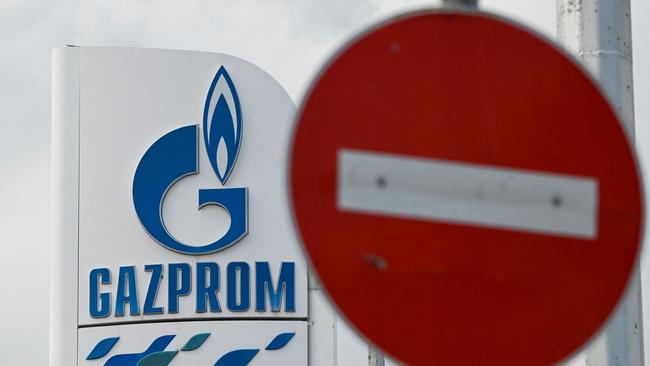
The opening months of Russia’s invasion of Ukraine last year drove an increase in oil and natural-gas prices that brought a windfall for Moscow. Those days are over.
As the war continues into its second year and Western sanctions bite harder, Russia’s government revenue is being squeezed and its economy has shifted to a lower-growth trajectory, likely for the long term.
The country’s biggest exports, gas and oil, have lost major customers. Government finances are strained. The ruble is down over 20% since November against the dollar. The labour force has shrunk as young people are sent to the front or flee the country over fears of being drafted. Uncertainty has curbed business investment.
“Russia’s economy is entering a long-term regression,” predicted Alexandra Prokopenko, a former Russian Central Bank official who left the country shortly after the invasion.
“Despite Russia’s resilience in the short term, the long-term picture is bleak: Moscow will be much more inward-looking and overly dependent on China,” said Maria Shagina, a senior fellow at the International Institute for Strategic Studies think tank in London.
A big part of the dimming outlook stems from a bad bet by Mr Putin last year that he could use Russian energy supplies to limit Western Europe’s support for Ukraine.
European governments, instead of tempering their support for Kyiv, moved rapidly to find new sources of natural gas and oil. Most Russian gas flows to Europe stopped, and after an initial jump, global gas prices fell sharply. Moscow now says it will cut its oil production by 5% until June from its previous level. It is selling its oil at a discount to global prices.
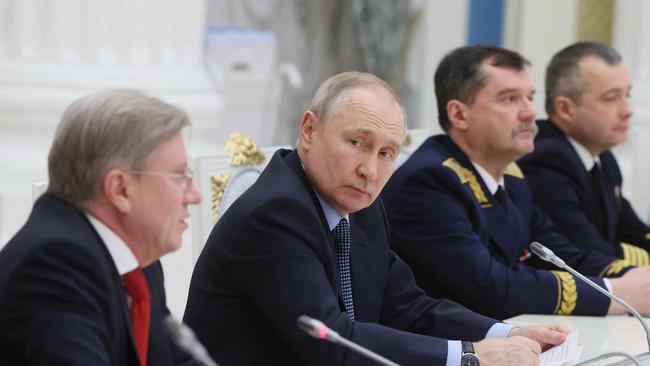
As a result, the government’s energy revenue fell by nearly half in the first two months of this year compared with last year, while the budget deficit deepened. The fiscal gap hit $34 billion in those first two months, the equivalent of more than 1.5% of the country’s total economic output. That is forcing Moscow to dip deeper into its sovereign-wealth fund, one of its main anti-crisis buffers.
The government can still borrow domestically, and the sovereign-wealth fund still has $147 billion, even after shrinking by $28 billion since before the invasion. Russia has found ways to sell its oil to China and India. China has stepped in to provide many parts Russia used to get from the West.
Russian officials have acknowledged the difficulties but say the economy has been quick to adapt. Mr Putin has said his government has been effective in countering the threats to the economy.
“You know, there is a maxim, guns versus butter,” Mr Putin said in a state-of-the-nation address last month. “Of course, national defence is the top priority, but in resolving strategic tasks in this area, we should not repeat the mistakes of the past and should not destroy our own economy.”
For much of Mr Putin’s more than 20 years in charge, high oil and gas revenue underpinned a social contract that saw most Russians largely staying out of opposition politics and protests in exchange for rising living standards.
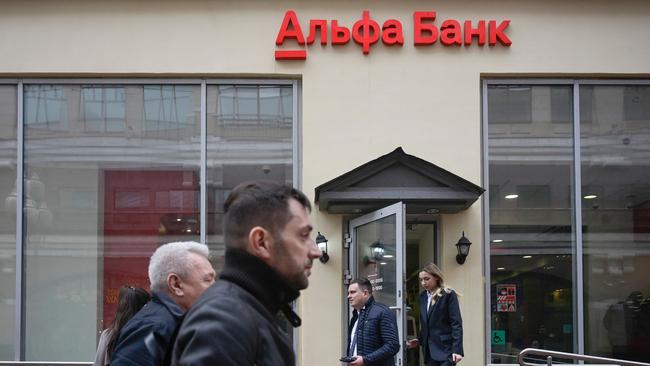
The International Monetary Fund has estimated that Russia’s potential growth rate – the rate at which it could grow without courting inflation – was around 3.5% before 2014, the year it seized Crimea from Ukraine. That has now fallen to around 1%, some economists say, as productivity declines and the economy becomes technologically backward and more isolated.
“For an economy like Russia, 1% is nothing; it’s not even a maintenance level,” said Ms. Prokopenko, the former central bank official.
The fall in exports, tight labour market and increased government spending are worsening inflation risks, the central bank said this month. Russia’s inflation was running at around 11% in February compared with that month last year. That rate will temporarily fall below 4% in the coming months, the central bank said, though that is because of the high comparison base of the post-invasion surge in prices last year. A number of other economic indicators will also temporarily improve in the coming months due to such base effects, economists say.
There is no sign the economic difficulties are bad enough to pose a short-term threat to Russia’s ability to wage war. But state revenue shortfalls suggest an intensifying dilemma over how to reconcile ballooning military expenditures with the subsidies and social spending that have helped President Vladimir Putin shield civilians from hardship.
Russian billionaire Oleg Deripaska warned this month that Russia is running out of cash. “There will be no money next year, we need foreign investors,” the raw-materials magnate said at an economic conference.
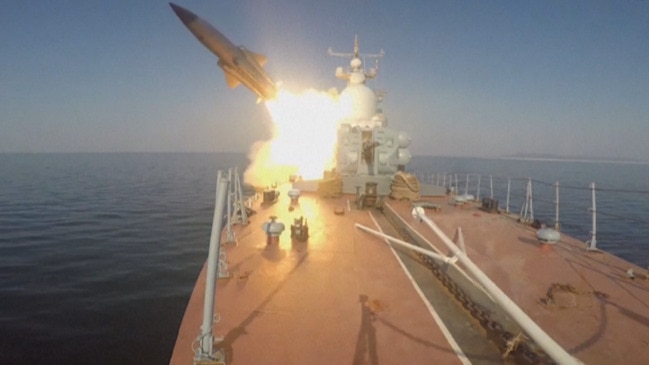
Having largely lost its European market next door, and with other Western investors pulling out, Moscow is becoming ever more reliant on China, threatening to realise long-simmering fears in Moscow of becoming an economic colony of its dominant southern neighbour.
The country’s flagship Urals crude fetched an average of US$49.56 a barrel in February, according to the Ministry of Finance, a deep discount to the benchmark Brent, which traded around $80 a barrel that month, although some analysts argue the difference is smaller. The government last month changed its oil-taxation formula in an effort to squeeze more from producers.
“Russia now has a lower bargaining power in the world oil market because they have much less choice where to ship the oil,” said Mr Astrov, the Vienna Institute economist.
Consumers are ailing, too. Retail sales fell 6.7% in 2022, the worst showing since 2015, according to official data. New-car sales fell by 62% in February year-on-year, according to the Moscow-based Association of European Businesses.
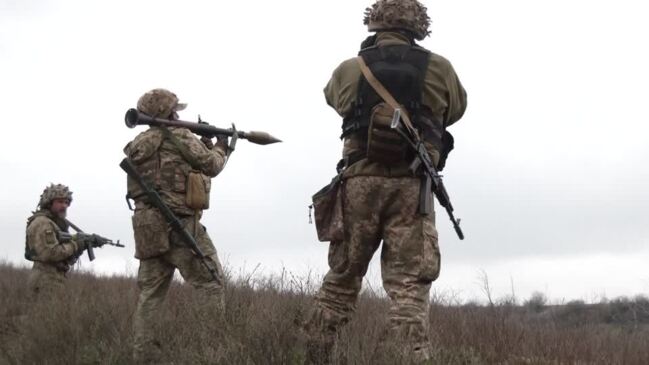
Nearly a decade ago, Artem Temirov and his brother launched a coffee shop in central Moscow they called Kooperativ Chernyy, or the Black Cooperative. Just before the war, they opened a roaster and planned to begin selling their coffee beans in supermarkets.
The invasion halted those plans.
Russia’s postwar exodus has included many who could afford to spend at a high-end shop like Kooperativ Chernyy, and sales fell. Despite a pick-up in the summer – which Mr Temirov attributed to Russians wanting to ignore their new reality – sales cratered again after Mr Putin’s September troop mobilisation.
For this year, most analysts expect another fall in GDP, although some, including the IMF, forecast modest growth.
But the fund said that by 2027, economic output is projected to be around 7% lower than pre-war forecasts had indicated. “The loss in human capital, isolation from global financial markets, and impaired access to advanced technology will hamper the Russian economy,” the IMF said.
Rystad Energy, a consulting firm, expects investment in Russian oil and gas exploration and production to fall to $33 billion this year from a predicted $57 billion before the invasion. That would mean less output down the line. Analysts at BP PLC estimate that Russia’s total oil production, which was around 12 million barrels a day in 2019, will be down to between 7 million and 9 million a day by 2035.
“We’re not talking about a one-year or a two-year crisis,” said Mr Astrov. “The Russian economy will be on a different trajectory.”
WSJ




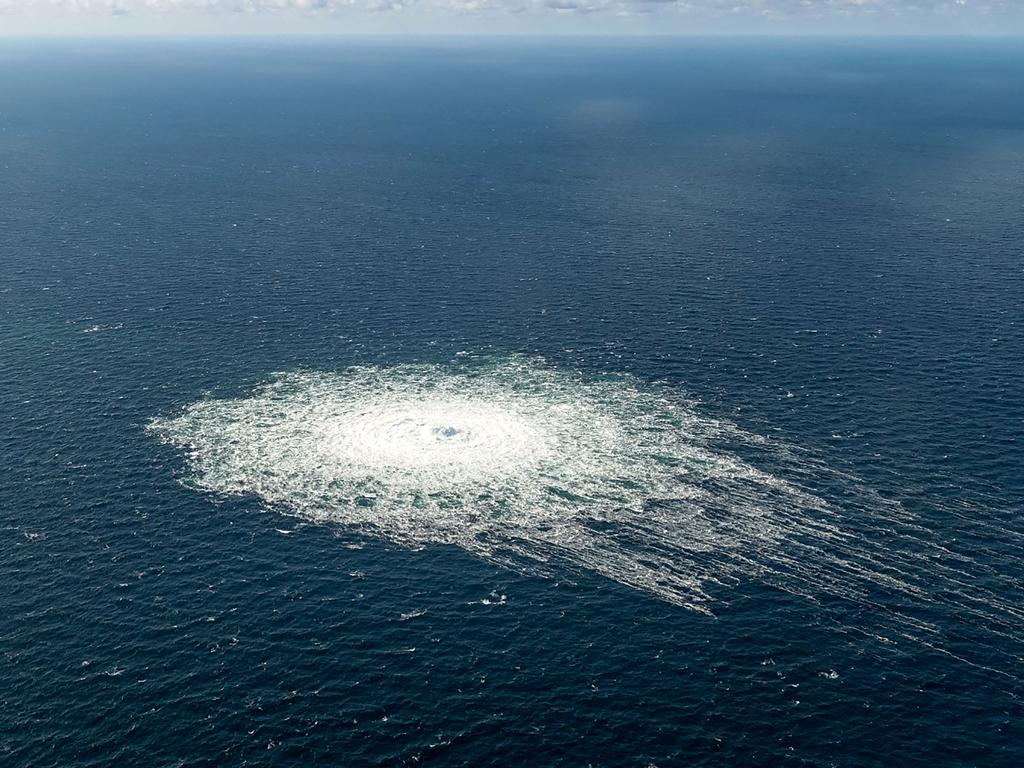

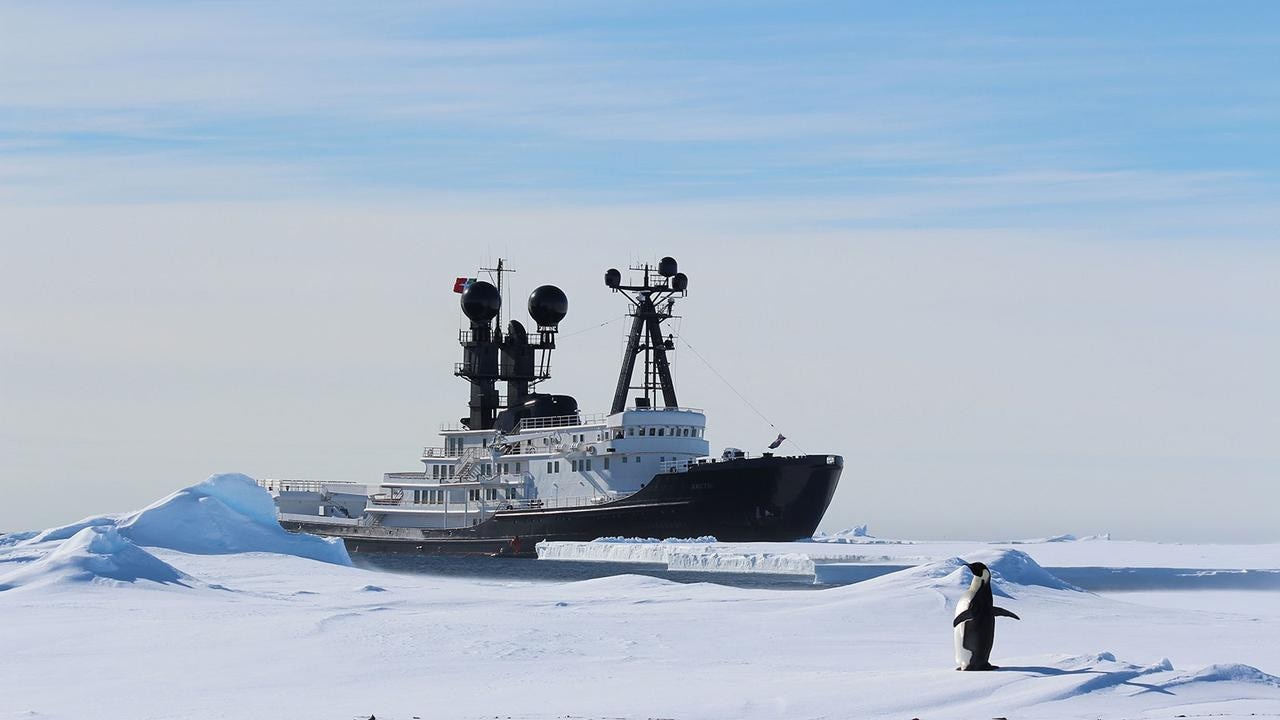
To join the conversation, please log in. Don't have an account? Register
Join the conversation, you are commenting as Logout